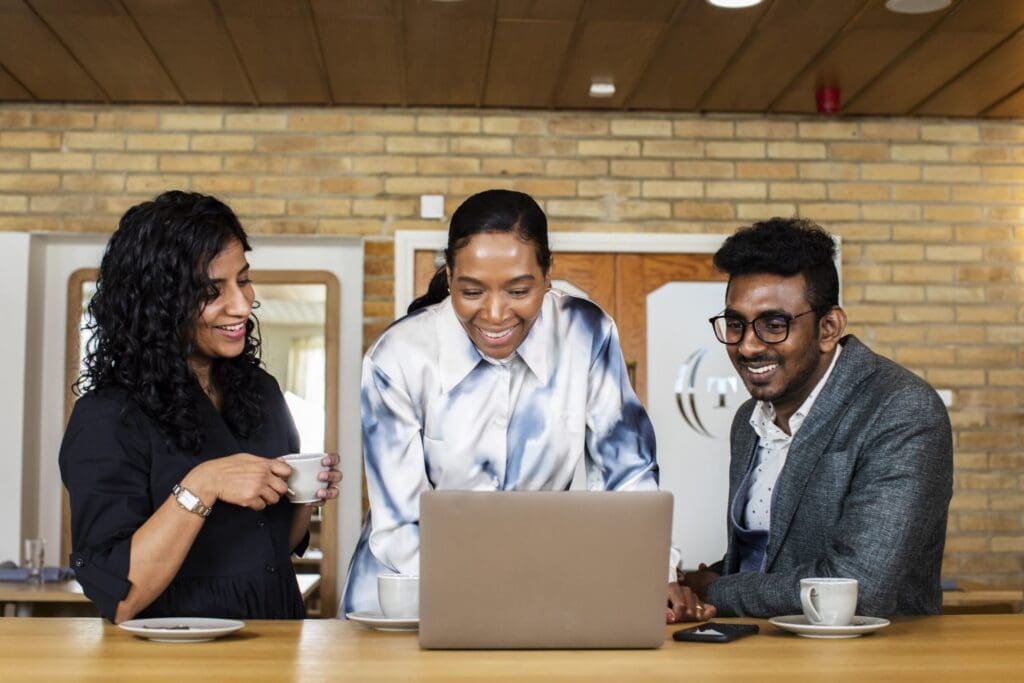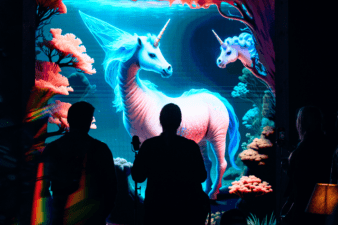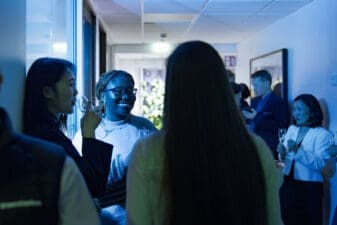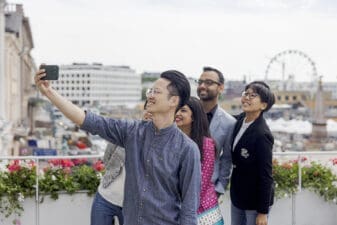10 things we learned about the Circular Economy during Helsinki Superweek
It’s a circular future or no future. Check out the learnings of how to transition to a circular economy, collected from Helsinki Business Superweek.

5 min read
Want to invest in Helsinki?
Our business advisor Tian Yu can help.
Key takeaways from Helsinki Superweek
Helsinki Business Superweek is the highlight of the year for investors, startups, and companies interested in circular economy and sustainable investments.
The World Circular Economy Forum and Arctic15, along with their many related side events, brought together professionals to share their learnings and forge future collaboration. Here are our main takeaways from the event
1. It’s a circular future or no future
The World Circular Economy Forum 2023 (WCEF2023) highlighted the urgent need to shift from a linear “take-make-dispose” model to a circular economy.
Circular practices such as recycling, reusing, and extending product lifecycles help conserve resources, reduce energy consumption, and minimize waste generation. It is apparent that the future needs to be circular or there will be no future.
Smart people start to look at how they’re going to change their business in the new economy and under new regulations. In the board room they’re looking at cost efficiency, and so on. In the future, these discussions are becoming easier to have
Lisa McLean, CEO, Circular Australia
2. There is money available for circular solutions if you know how to pitch to investors
Investors are willing to invest their knowledge and experience (and money) into advancing technology startups.
One of these Helsinki-based investors focused on cleantech and circular solutions is Spin Ventures. And, as always, companies and innovators have to know how to present themselves to investors. As Anssi Mikola from RiverRecycle puts it, “There’s money available to solve the problem, it’s just the matter of who it’s available to. You have to look like the right thing to your potential partners.”
3. Investing in circular economy innovations means a brighter future for us all
Solutions that support the circular economy can also help us face the effects of climate change.
For example, new, “agriculture-free” methods of producing food and nutrients, such as Solar Foods, increase food security in extreme conditions. There’s also great potential to support self-sufficiency of nations and societies.
In Finland, for example, the “green gold” allows us to create new food-based materials from Spinnova’s fibres to packaging.
4. We need laws that support the circular economy
WCEF2023 emphasized the critical need for comprehensive policies, regulations, and laws to drive the transition to a circular economy.
While voluntary actions and initiatives are valuable, a robust legal framework is essential to scale up circular practices and achieve systemic change. This is the case both for developing countries and for circular economy pioneers such as Finland.
Sometimes new circular solutions don’t fit the existing frameworks like Betolar, the Finnish startup behind a sustainable concrete solution. Betolar is one examples of a company advocating for new regulation in their field.
5. Food waste management is about more than food
The reduction of food waste pushed Helsinki to consider the whole chain of its meal services. The Service Centre applied service design methods to create an appealing environment at schools, encouraging students to eat their free meals in the cafeterias and thereby predicting consumption.
The surplus is distributed via Stadin Safka, a food aid service operated by the city of Helsinki and Helsinki Parish Association. The service has created jobs, reduced carbon emissions, and strengthened the networks of food operators, social work, counselling services, and more.
6. To succeed you need to consider the whole value cycle of your operations
Circular solutions are entering a world that still works by the rules of the linear economy. Mastering one segment of the cycle is not enough.
To succeed, pioneering companies have to consider the whole value cycle of their operations and fit different segments into their business model. Stakeholder involvement and gaining their trust is vital.
Circular startups from the Helsinki region already solving these questions include: RiverRecycle, which collects both high and low value plastics from a river that crosses national and municipal borders. And Pure Waste a company that is designing end-of-life recycling for their garments made of leftover fabric.
7. The circular economy is a people business
As cliché as it sounds, what drives the people working in circular economy industries is the passion to leave the world in a better condition than they found it for future generations.
It’s the people, the communities, their own children, teams, and partners who keep their fire burning. Companies should also hold social responsibility in high regard and pay close attention to employee rights – the circular economy tolerates no sweatshops.
We would need people from different backgrounds to see the big picture. Young people want to work in companies that reflect their values.
Helena Saren, Mission Lead, Carbon Neutrality, Business Finland
8. The transition to a circular economy is as much about human behaviour as it is about services
The entrepreneurs at Helsinki Business Superweek remind the audience that the transition to a circular economy is just as much about human behaviour as it’s about services, technology, and novel solutions.
Services have to be easily available and easy to use. In Finland, for example, purchasing used clothes is already popular. Plate waste has decreased in Helsinki thanks to informational campaigns.
Economics also needs a new pair of glasses. “The engineering we can tackle, but people are surprisingly short-sighted and typically only look to the next quarter,” says Vesa Kärhä, CEO, FIPIF Finnish Plastics Industry.
9. Collaboration is key
Collaboration drives system-wide change. The challenges we face are complex and interconnected, and no single entity can solve them alone.
Governments, businesses, academia, NGOs, and individuals must come together, collaborate, and pool their resources, knowledge, and expertise. Here in Helsinki, we have a unique mix of public and private players – from companies to Helsinki–Uusimaa Circular Valley and public and private testbeds – that promote sustainable business growth.
We need more international cooperation to do something big.
Marko Virtanen, VP Sales & Projects, MariMatic International, Finland
10. We are all in this together
The most valuable lesson from Superweek is that business – and change – is done between people. The opportunity to exchange thoughts, experiences and learnings, and being able to feel the excitement and the passion in the air are the key ingredients of building better, more ambitious societies.
The level of ambition towards combatting climate change needs to be kept high; after all, we are all in this together.
Invest in a circular economy – invest in Helsinki
Helsinki Partners wants to help you find the right invest-in opportunities in Helsinki. With rapid growth and consistent returns, Finland is an ideal location for environmental, social and governance (ESG) investing. Discover new opportunities in Helsinki today.

Related articles
Contact Helsinki Partners
If you are interested in learning more about Helsinki and its possibilities – please contact us via the form here. We’ll make sure to get back to you within a few working days.


